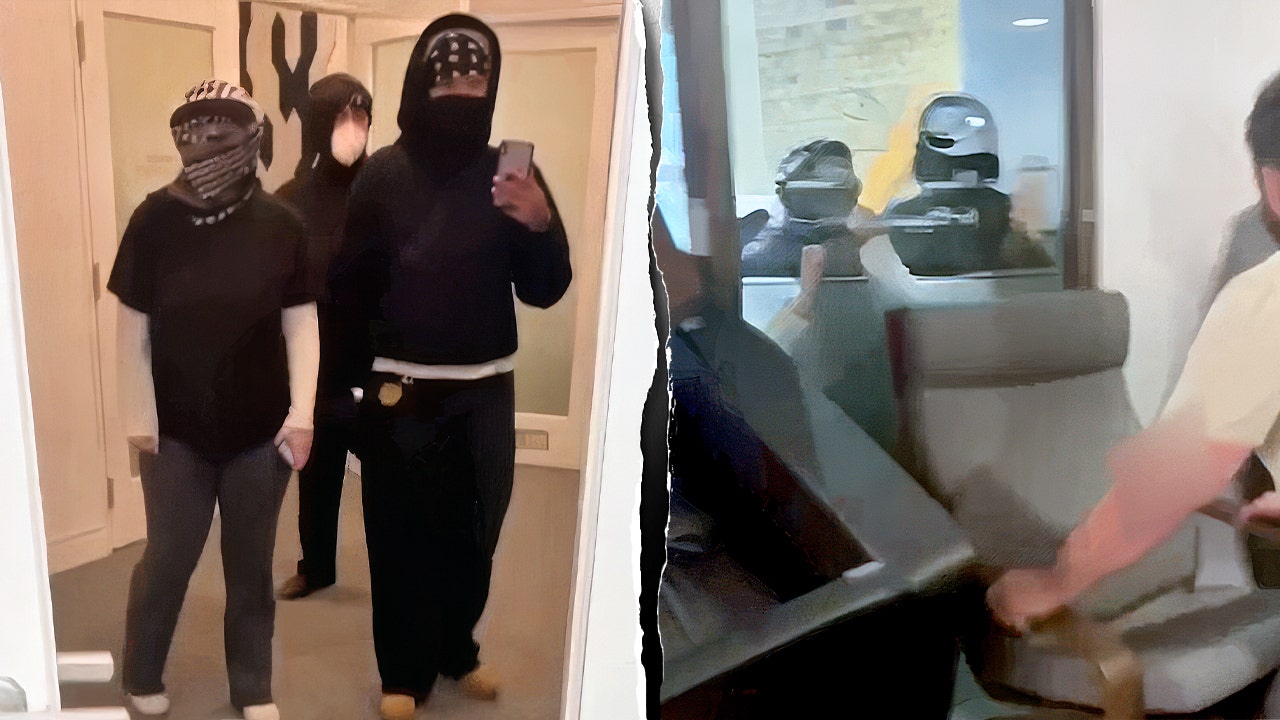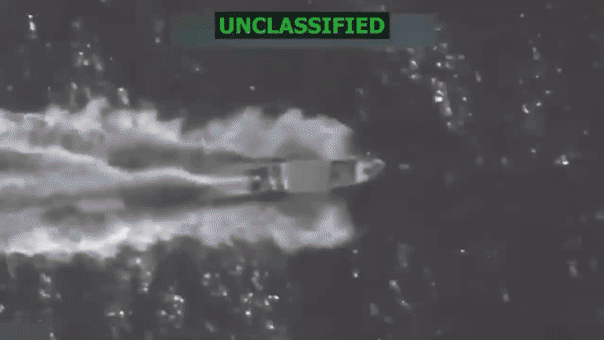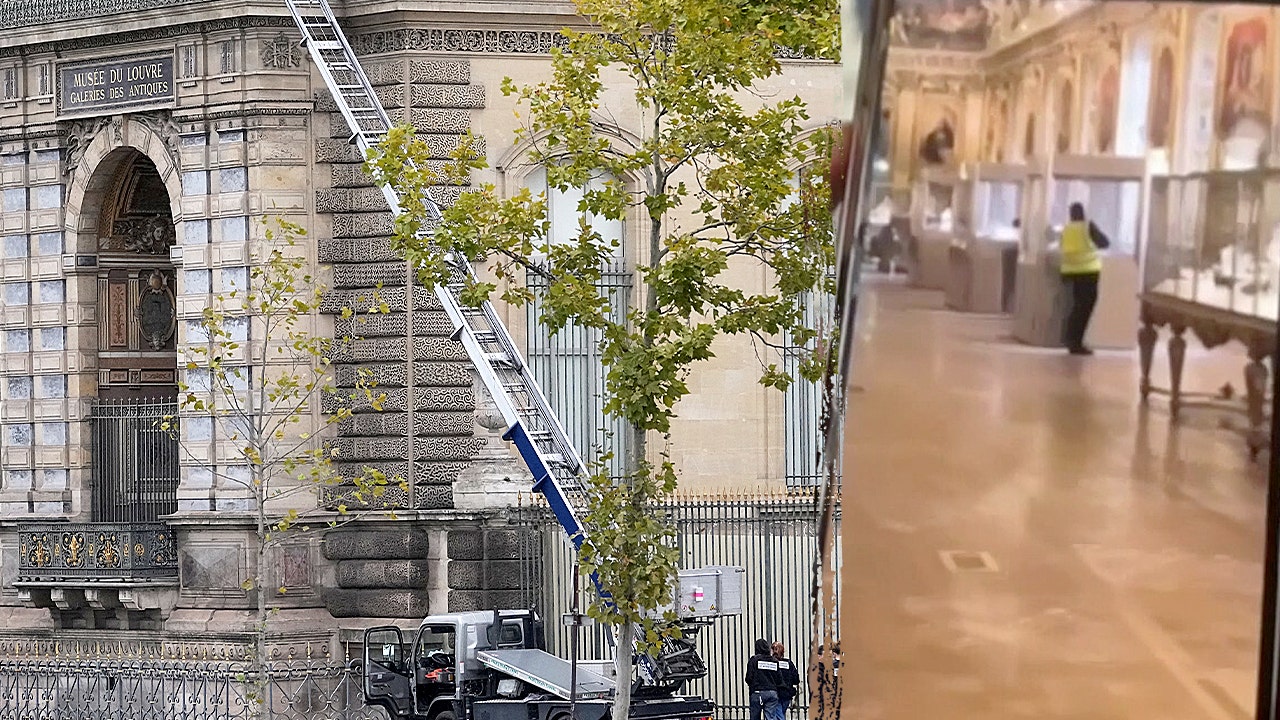ADVERTISEMENT
Reports that European Commission President Ursula von der Leyen’s plane was targeted by suspected Russian GPS jamming as she travelled from Warsaw to the Bulgarian city of Plovdiv on 31 August have sparked major speculation.
Scrutiny has intensified after official sources flip-flopped between statements, appearing to row back on early claims that the disruption had been caused by suspected Russian interference.
The timeline
The Financial Times broke the story on 1 September, reporting that von der Leyen’s plane — a charter aircraft operated by Luxembourg airline LuxAviation — circled Plovdiv airport for an hour, using paper maps to land, after being targeted by “suspected Russian GPS interference.”
The same day, the European Commission stated it had received information from the Bulgarian authorities which suggested that the alleged jamming was “due to blatant interference from Russia.”
Later that day, prominent flight tracking site FlightRadar24 issued a statement in which it cast doubt over the notion there was any GPS jamming in the area around Plovdiv at the time of the plane’s landing.
The data provided by FlightRadar24 also revealed that the flight had taken nine minutes longer than scheduled, contracting the original claim made by the Financial Times that the aircraft had been circling Plovdiv airport for an hour.
Later, the Financial Times’ claims that “paper maps” had been used to conduct the landing were contested after Bulgarian authorities released a statement specifying that a ground-based radio navigation system known as ILS was used.
As the story unravelled, a recording in which the plane’s pilot reported “issues with the GPS” to Bulgarian air traffic controllers emerged, seemingly confirming some kind of interruption to the aircraft’s navigation systems.
But days later, on 4 September, in an interview with Bulgarian channel bTV, Deputy Prime Minister and Transport Minister Grozdan Karadjov denied that the government had submitted any information on the matter to the European Commission, contradicting the Commission’s assertion that Bulgarian authorities suspected the disruption was the result of the Kremlin’s hybrid warfare.
According to the Deputy Prime Minister, Bulgarian aviation authorities did hand the European Aviation Safety Agency (EASA) a report of the conversation between the pilot of the plane and the control tower, but while this exchange referred to “minor issues” with the GPS, it did not mention Russian interference.
“EASA still needs to remove the computers on board the aircraft and see what these computers registered,” Karadjov added.
Later that day, Bulgaria’s Prime Minister Rosen Zhelyazkov, said there was “no evidence” of “prolonged interference or jamming” of the GPS signal around Plovdiv airport in an address to Parliament.
Zhelyazkov later appeared to back-peddle on his earlier claims, stating that although no jamming had been detected by “ground instruments”, this didn’t exclude the possibility of “onboard devices” having experienced jamming.
Zhelyazkov subsequently ordered aviation authorities to launch an investigation into what happened, despite Bulgarian authorities initially stating there wouldn’t be one.
Conflicting perspectives from analysts
Euronews consulted several analysts, some of which stand by the possibility of a “spoofing” or “jamming incident,” while others firmly asserted that there is no evidence of GPS jamming in the area around Plovdiv on the day in question.
Ian Petchenik, director of communications for Flightradar24, told Euronews that the “aircraft’s transponder reported good GPS signal quality from take-off to landing,” based on their analysis of Navigation Integrity Category (NIC) values, which is an indicator of the quality of navigational data received by the aircraft.
However, Petchenik added that interference “could have been internal to the aircraft, or from another source.”
But Mahmoud Elsanhoury from Finland’s Vaasa University told Euronews that spoofers have developed increasingly sophisticated techniques which allow them to make it appear like a good signal level is being transmitted to an aircraft, when in reality it is not.
“If the signal level is good and the pilot is going around in circles, this is a a very big indicator that it was a spoofing incident”, Elsanhoury explained.
Although there is a plethora of doubts surrounding this incident, Moscow has intensified GPS jamming targeting planes and ships since it launched its full-scale invasion of Ukraine in February 2022, primarily in the area surrounding the Baltic Sea.
“We are very well aware that unfortunately this incident is not specific to the president, meaning that it occurs on a very regular basis to many aircrafts flying in particular next to our eastern border,” a European Commission spokesperson said on Thursday, adding that “coordinated action from the European Union is needed” to tackle the threat.
Read the full article here

















